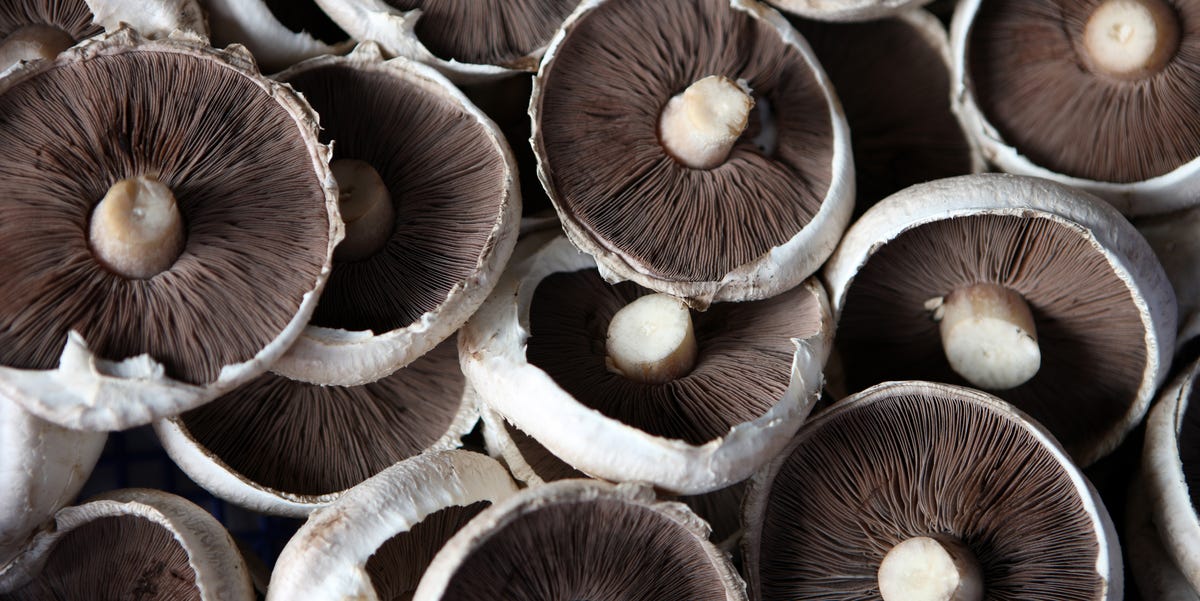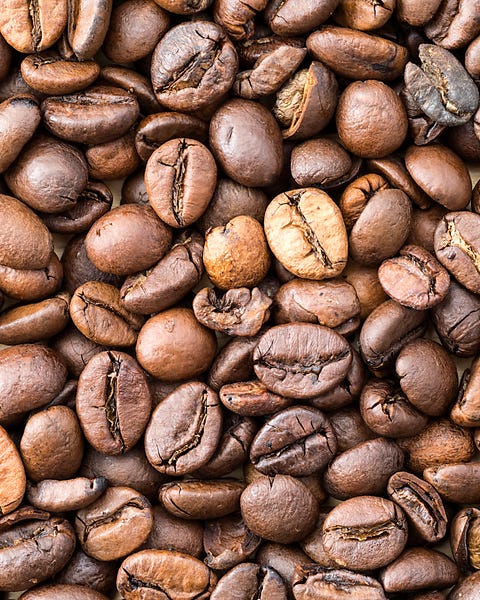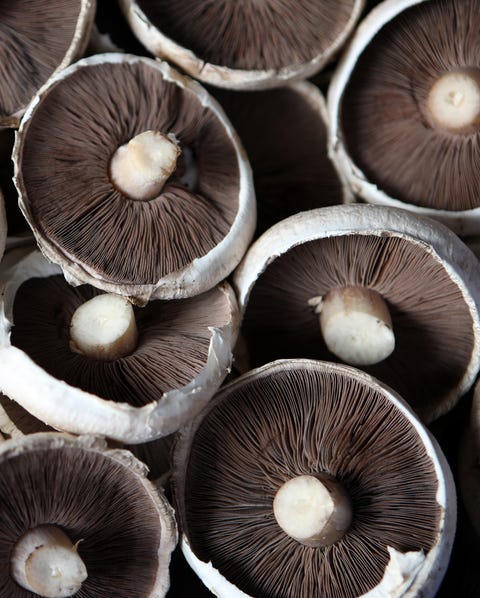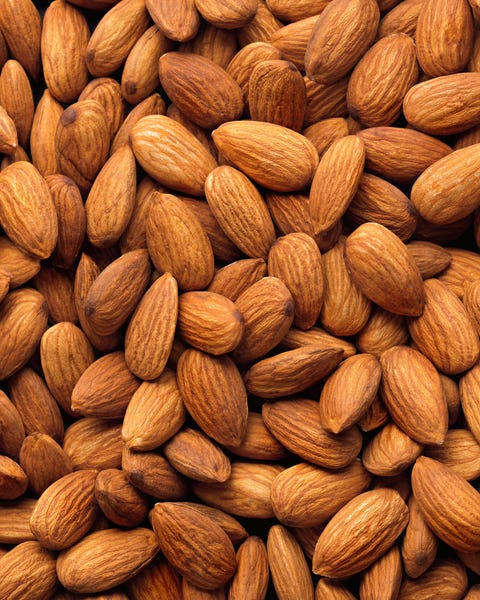

Today’s Top Stories
1
Ahmaud Arbery’s Death Proves Running Has a Problem

2
How to Dress for Warm-Weather Runs

3
Running as Told by “The Last Dance”

4
32 Mental Health Apps and Resources

5
Our Favorite Gear From REI’s Anniversary Sale
Gear-obsessed editors choose every product we review. We may earn money if you buy from a link. How we test gear.
Whether you’re looking to win, place, or just finish your workouts feeling strong, here are the up-and-coming products and trends that can help.
Nov 8, 2018 
PeopleImagesGetty Images
While there are many pillars of nutrition that have stood the test of time (think: limiting the amount of added sugar in your diet), this area of health is still constantly developing and evolving. And while it’s easy to think of nutrition trends as fads that will disappear just as fast as they appeared, some of these concepts are sound enough to hang around.
Whether you’re looking to win, place, or consistently show up and finish workouts feeling strong, here are the newest products and lifestyle trends from the Academy of Nutrition and Dietetics’ annual Food and Nutrition Conference and Expo that will help you improve your performance and overall health not only in the coming year, but for the long haul, too.
Top Nutrition Trends for 2019

Jose A. Bernat BaceteGetty Images
Getting Unique Sources of Protein
Unless you’ve been totally off the grid for the past few years, it should come as no surprise that we runners are constantly striving to get enough protein. Nutrition experts recommend that athletes in heavy training aim to consume approximately 0.6 to 0.9 grams of protein per pound of body weight in order to support metabolic adaptation, repair, recovery, and overall health.
Luckily it’s becoming easier and easier to find high-quality and delicious ways to boost your protein intake that aren’t your typical postrun recovery shake, such as KITU’s protein-packed coffee and creamer or Neuro’s protein water.

Shay Murphy PhotographyGetty Images
Increasing Sustainability Efforts
As sustainability continues to be a main focus and concern, many athletes are gravitating towards a more environmentally-friendly type of protein: grass-fed, pasture-raised, and free-range. Over the past five years, U.S. retail sales of grass-fed beef grew from $17 million in 2012 to $272, doubling every year, according to Nielsen data.
More and more brands, like Teton Waters Ranch, offer lean-protein products that are both antibiotic- and hormone-free, which can benefit your performance thanks to their higher concentrations of conjugated linoleic acid (which can improve body composition and lower your risk of certain diseases), inflammation-fighting omega-3’s, and essential antioxidants such as vitamins A and E.
[Build a killer midsection in the kitchen for effortless miles on the road with Eat for Abs!]

TLFurrerGetty Images
Making Gut Health a Priority
Digestion matters. When your gut isn’t at its prime—when its balance of bacteria is altered—your energy levels, stress levels, sleep patterns, and ultimately your performance can be impacted. This gives athletes all the more reason to consider eating foods rich in probiotics daily. In fact, such supplementation can prevent you from being sidelined with an illness.
Luckily, sources of probiotics are not hard to find—just take a look at your grocer’s ever-expanding offerings of yogurt and kefir, effectively accelerating probiotics and fermented foods into the mainstream. If dairy yogurt isn’t for you, try things such as cultured sauerkraut, kombucha, or even plant-based dairy alternatives like Califia Farms Probiotic Yogurt, a dairy-free yogurt drink that contains 10 billion live and active cultures to support your training and health.
4 Best Sources of Probiotics

Richard NewsteadGetty Images
Powering Up With Adaptogens
If you’re wondering what an adaptogen is, you’re not alone. Simply put, adaptogens are herbs derived from nature (think: medicinal plants and plant extracts or fungi) that can benefit your body by fighting the effects of stress and inflammation and restoring it to normal physiological functioning. While research into various adaptogens is ongoing, some of the known natural powerhouses are already familiar to athletes, such as ginseng and ginger.
Others adaptogens, like the six functional mushrooms that make up Om Energy’s mushroom powder, may be less familiar, but runners will appreciate the promise of a supercharged day thanks to adaptogens’ naturally therapeutic properties, vitamins and minerals, prebiotics, and amino acids that will help power your next workout.

Vesna Jovanovic / EyeEmGetty Images
Focusing on Plant Protein
There’s a growing market for all things protein, and plant options are fueling much of this growth. Look out for more and more plant proteins at your local grocer in the form of shakes, bars, and powders. There’s also fortified products—products with inherent plant protein—such as chickpea pasta, protein-packed whole grain bread, and even snacks like protein cookies. While there are dozens of products out there, it’s important to ensure your plant protein of choice is a complete protein, a protein that contains an adequate amount of all nine essential amino acids.
Alternative proteins from plants can come from legumes, grains (ancient and whole), soy, seeds, and nuts. These proteins offer athletes fiber, vitamins, and minerals in addition to protein to ensure that you’re supplying your body with the essential amino acids needed for muscle repair, recovery, and total health.
This content is created and maintained by a third party, and imported onto this page to help users provide their email addresses. You may be able to find more information about this and similar content at piano.io
Advertisement – Continue Reading Below

